Two weeks ago, I sat quietly in evening golden-hour sunshine on a cedar-wood bench, staring contemplatively out at a golden sand beach and working through a plate of vegetarian lasagna. Out of the corner of my vision, I caught sight of a blurry brown figure dashing across the shore; a yearling grizzly bear (Ursus arctos) was making haste across the beach to escape an angry interaction with an older male bear, his rapid gait sending white flurries of shorebirds into flight.
The moment was one of those remarkable, albeit clichéd, instants that suspend your breath. In the unusually warm October sun, surrounded by friends, eating warm homemade food, physically tired after a day of hard work, and watching the spectacle of a young grizzly dash across a beach, I was filled with the utmost gratitude to be a Conservation Scientist lucky enough to be hosted by the Hailzaqv (Heiltsuk) Nation at Koeye Camp, a place where youth come to learn about culture, the land, and science (among other things).
Sunny views from my vantage at Koeye Camp.
Yesterday, I thought back to those experiences at Koeye. After hastily-consumed-espresso-number-two and between reading academic articles in the ACS Lab, I poured over the media summaries of the Intergovernmental Panel on Climate Change’s (IPCC) most recent report. For those who may have missed it, the report outlines the varied and severe consequences that face global ecosystems, and consequently humanity, should we continue on our rapid collective path forward towards 1.5- or 2-degree Celcius temperature increases. My head spun as I considered the implications for the ecosystems and social systems – or otherwise the species, friends, colleagues, and everyone who calls The Great Bear Rainforest (and the rest of this world) home.
Such, perhaps, is the life of a Conservation Scientist in the Anthropocene. We are granted the joy and responsibility of having one foot in the field, and one foot in the office, eyes partially trained on the narrow questions and systems that define our research, and yet aware of the global realities that increasingly impact both. Experiences in the territories of the Heiltsuk, Kitasoo/Xai’xais, Wuikinuxv, and Nuxalk Nations of BC’s Central Coast, and those during various field projects worldwide, have allowed me to glimpse the complexity, diversity, and beauty within functioning socioecological systems. They provide the fuel that compels me to continue pursuing research that informs ecosystem management, social justice, and Indigenous rights on local scales, despite the immense challenges we all globally face.
Traces of neighbours on the beaches of the Koeye River estuary. Human and non-human animals alike rely on functioning ecosystems and liveable climates to thrive.
To engage in research that seeks to answer complex questions about environmental policy, human values, and ecosystem management in complex systems is daunting; to do so in the face of the forthcoming consequences of climate change is even more so. To be fortified by moments surrounded by friends and colleagues, with vistas of the incredible biodiversity and life-sustaining resources we risk losing, however, is to believe in our collective power to adapt and overcome.
This post first appeared on the ACS Lab Blog














